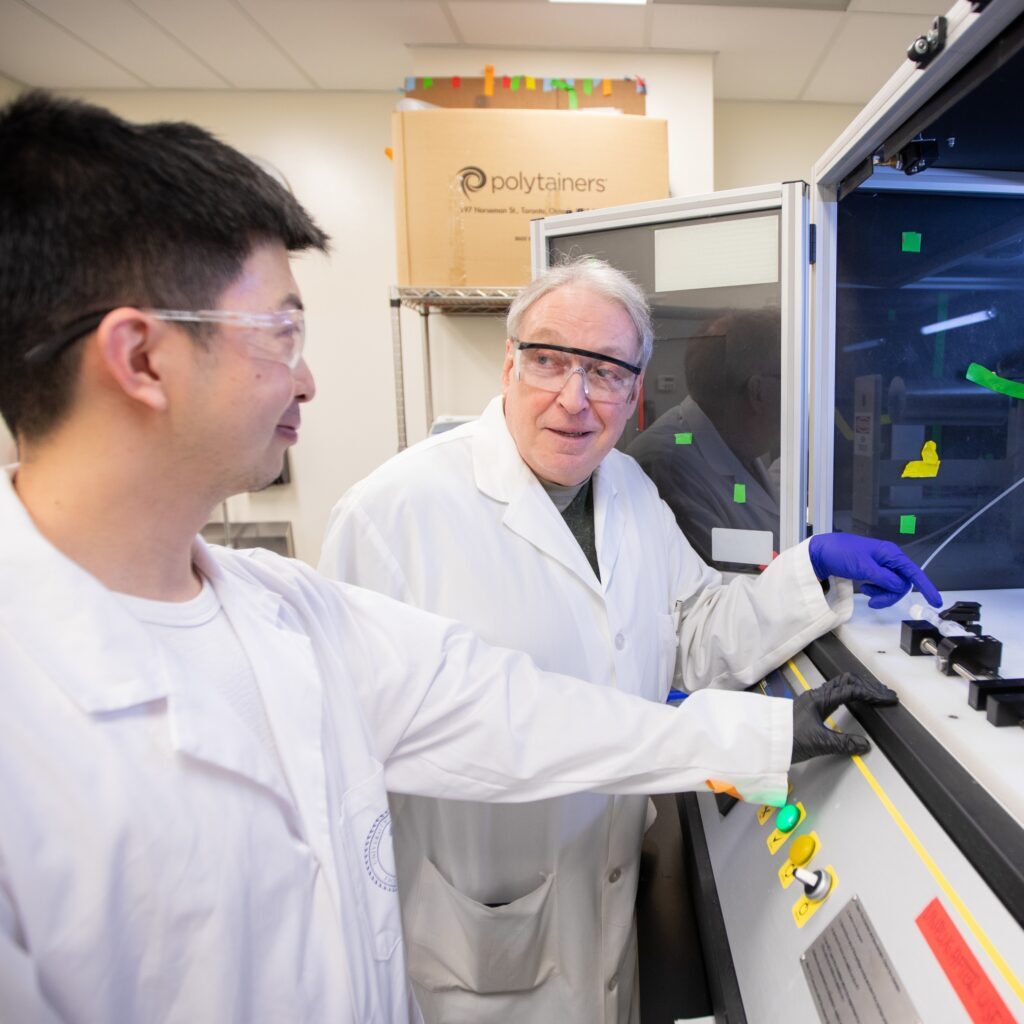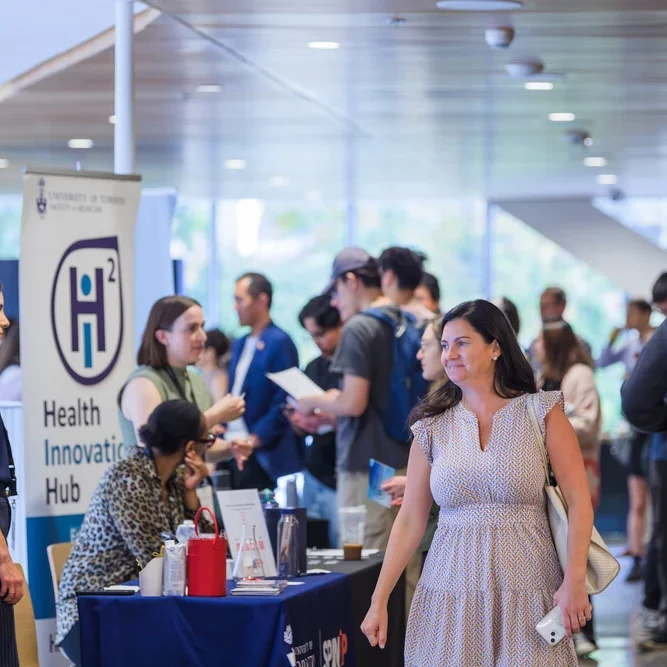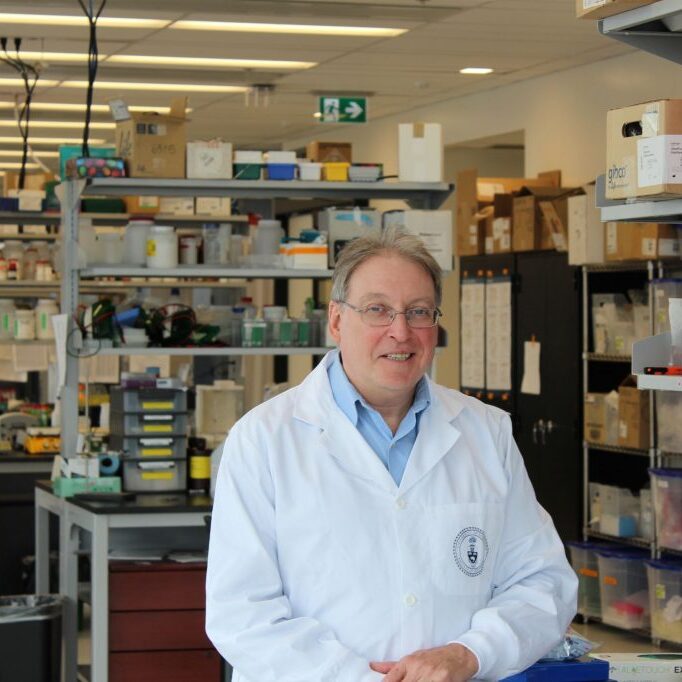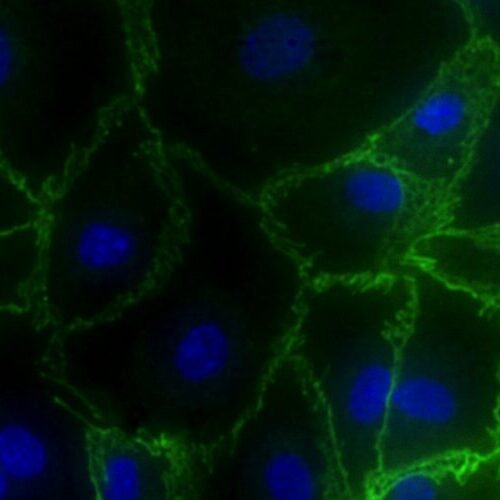
Paul Santerre
Professor & Baxter Chair in Health Technology & Commercialization (UHN)
PhD, PEng
Research Stream: Cell & Tissue Engineering
Email & Telephone: directory.utoronto.ca | Office: U of T Translational Biology & Engineering Program (TBEP), MaRS West Tower, 661 University Avenue, Room 1435 (14th floor), Toronto, Ontario M5G 1M1 Canada
Main Appointments
- Faculty of Dentistry
- Institute of Biomedical Engineering
Additional Appointments
- Department of Chemical Engineering & Applied Chemistry
Research Interests
Dr. Santerre’s research focuses on improving the long-term stability and function of implant materials by understanding how polymers degrade in the body. His team has shown that enzymes from immune cells not only recognize different polymer chemistries but also react to subtle structural features, leading to degradation. This insight has guided the development of strategies to resist hydrolytic and oxidative breakdown.
They have created a new class of fluoropolymeric additives that make elastomers more hydrophobic than Teflon and reduce protein adsorption by up to 30%, with potential use in cardiovascular and membrane transport devices.
The team is also designing polymers that deliberately break down in response to inflammation, releasing antimicrobial agents to combat infection. This approach is being explored for both implant-related applications and dental materials to help address periodontal disease.






